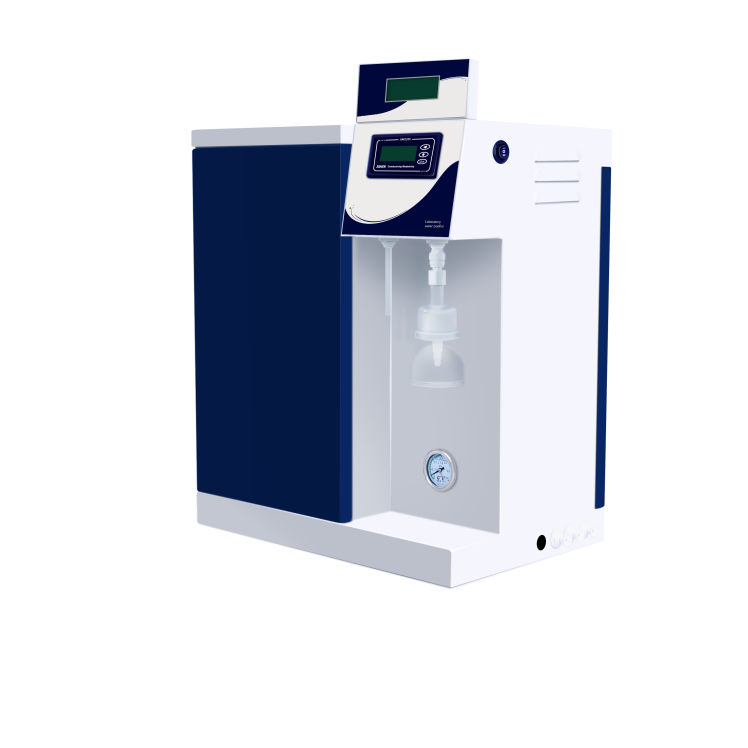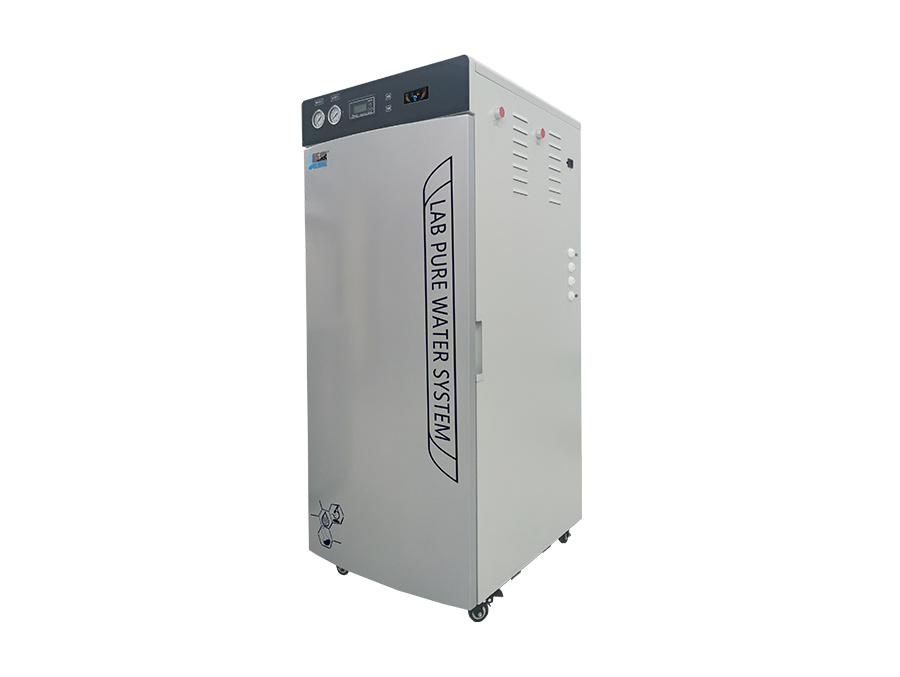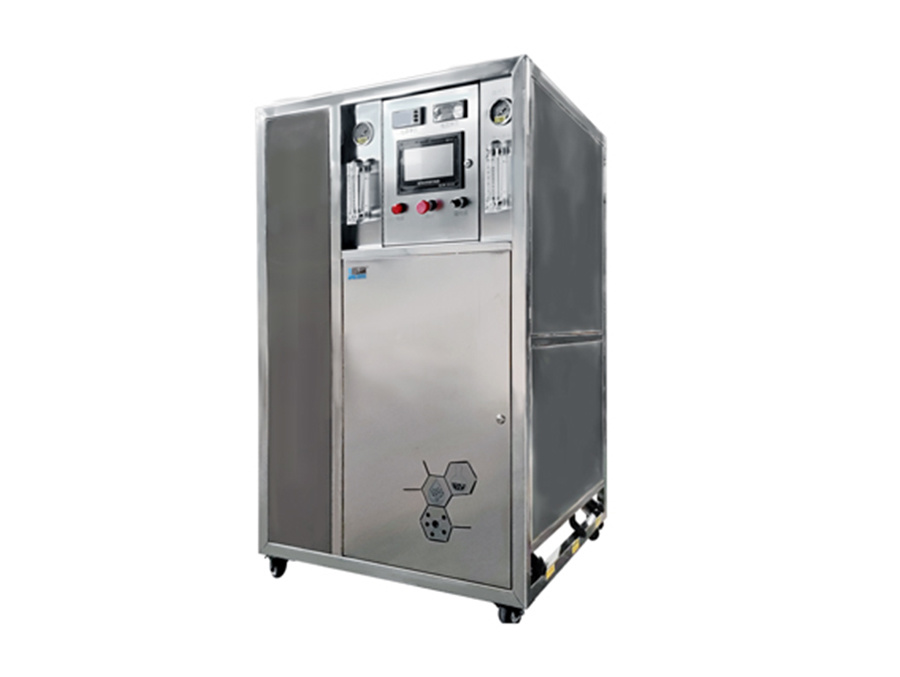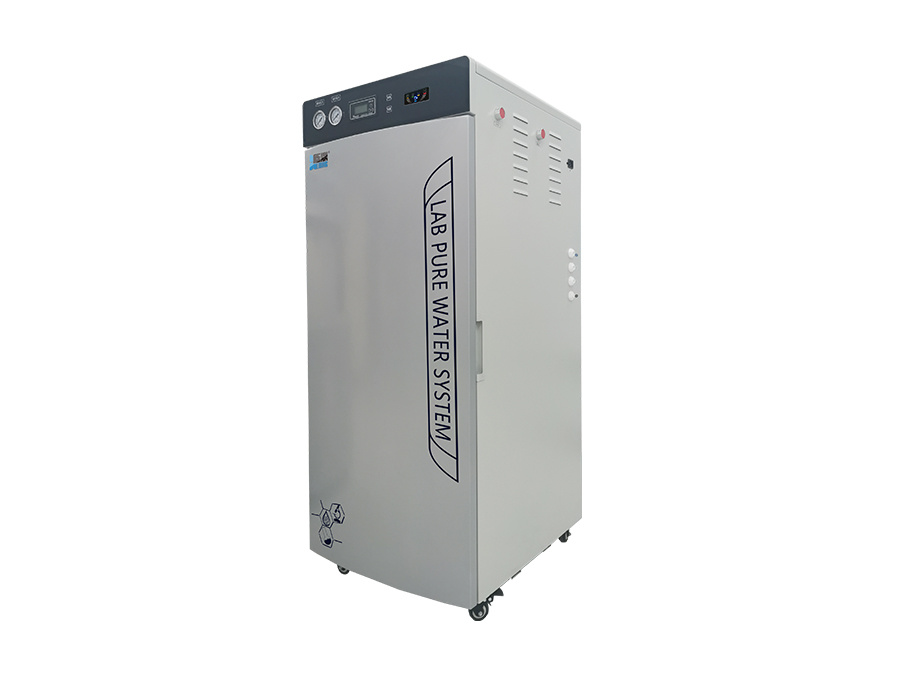Unlocking the Secrets of Ultra Pure Water Treatment for Industrial Applications
Time:
Jun 24,2025
The demand for ultra pure water (UPW) has surged across various industries, particularly in sectors such as pharmaceuticals, electronics, and power generation. Ultra pure water treatment is a sophisticated process designed to remove impurities from water to achieve a level of purity that meets stringent industrial standards. The process is critical for applications where even trace contaminants can compromise product quality and operational efficiency.
The treatment of ultra pure water typically involves several stages, including pre-treatment, reverse osmosis (RO), deionization (DI), and final filtration. Each stage plays a pivotal role in ensuring that the water meets the necessary purity levels.
1. **Pre-Treatment**: This initial stage often includes sedimentation and filtration processes to remove larger particles and sediments from the raw water. Pre-treatment is crucial as it helps to protect downstream equipment, such as membranes used in reverse osmosis.
2. **Reverse Osmosis (RO)**: RO is a widely used technique in ultra pure water treatment that employs semi-permeable membranes to separate dissolved salts, organic compounds, and other impurities from water. The process is effective in reducing total dissolved solids (TDS) to very low levels, making it an essential step in achieving ultra purity.
3. **Deionization (DI)**: Following reverse osmosis, deionization further purifies the water by removing ionized salts and impurities. This process typically involves ion exchange resins that attract and replace unwanted ions with hydroxyl and hydrogen ions, resulting in highly purified water.
4. **Final Filtration**: The final stage of ultra pure water treatment often involves sub-micron or nano-filtration to eliminate any remaining particles or microorganisms. This step ensures that the water quality is suitable for even the most sensitive industrial applications.
The benefits of adopting ultra pure water treatment processes are multifaceted. Not only does it ensure compliance with regulatory standards, but it also enhances product quality, reduces equipment corrosion, and minimizes downtime caused by maintenance. By investing in advanced water treatment technologies, industries can achieve greater efficiency and reliability in their operations.
In conclusion, ultra pure water treatment is a vital process for many industries that require the highest quality water. Understanding the methods and benefits associated with this treatment can help businesses make informed decisions about their water purification strategies, ultimately leading to improved productivity and product integrity.
The treatment of ultra pure water typically involves several stages, including pre-treatment, reverse osmosis (RO), deionization (DI), and final filtration. Each stage plays a pivotal role in ensuring that the water meets the necessary purity levels.
1. **Pre-Treatment**: This initial stage often includes sedimentation and filtration processes to remove larger particles and sediments from the raw water. Pre-treatment is crucial as it helps to protect downstream equipment, such as membranes used in reverse osmosis.
2. **Reverse Osmosis (RO)**: RO is a widely used technique in ultra pure water treatment that employs semi-permeable membranes to separate dissolved salts, organic compounds, and other impurities from water. The process is effective in reducing total dissolved solids (TDS) to very low levels, making it an essential step in achieving ultra purity.
3. **Deionization (DI)**: Following reverse osmosis, deionization further purifies the water by removing ionized salts and impurities. This process typically involves ion exchange resins that attract and replace unwanted ions with hydroxyl and hydrogen ions, resulting in highly purified water.
4. **Final Filtration**: The final stage of ultra pure water treatment often involves sub-micron or nano-filtration to eliminate any remaining particles or microorganisms. This step ensures that the water quality is suitable for even the most sensitive industrial applications.
The benefits of adopting ultra pure water treatment processes are multifaceted. Not only does it ensure compliance with regulatory standards, but it also enhances product quality, reduces equipment corrosion, and minimizes downtime caused by maintenance. By investing in advanced water treatment technologies, industries can achieve greater efficiency and reliability in their operations.
In conclusion, ultra pure water treatment is a vital process for many industries that require the highest quality water. Understanding the methods and benefits associated with this treatment can help businesses make informed decisions about their water purification strategies, ultimately leading to improved productivity and product integrity.
RELATED NEWS








